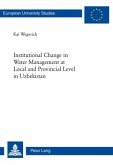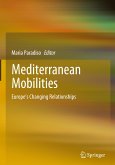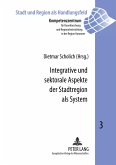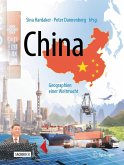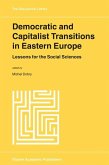This open access book provides innovative strategies for equitable and sustainable urban governance, with a strong emphasis on the key role of local governments as central actors in shaping urban futures. It provides readers with a comprehensive look into modern city management practices, grounded in the diverse institutional, historical and socio-economic contexts of Western and Transition European countries. Addressing key issues such as smart city initiatives, sustainable mobility, economic development, and regional inequality, this book equips urban planners, policymakers, and scholars with essential insights to address contemporary urban challenges. It highlights how local governments can promote fairness and inclusivity in urban governance, especially by supporting the needs of marginalized communities. Through carefully selected case studies and theoretical frameworks, the book explores what equitable urban governance looks like in practice across a range of European settings. The book highlights best practices from leading smart cities across Europe, offering practical advice for integrating technology into urban planning. It showcases innovative mobility solutions that reduce congestion, lower emissions, and improve overall urban livability. Economic development and entrepreneurship are examined from the perspective of local governments ability to stimulate growth and resilience. With particular attention to regional disparities, the book highlights how tailored policies and targeted investments at the local level can foster vibrant, equitable communities. In addition, the book provides discussions on regional inequality and poverty reduction, highlighting how local authorities address socio-economic divides through policy interventions and resource allocation strategies that promote social inclusion and territorial cohesion. The problem set out to solve is multifaceted: How can cities become more equitable, sustainable, and smart in their governance practices especially within the varied institutional realities of Western and Transition European contexts? By keeping local governments at the heart of its analytical framework, the book ensures a cohesive exploration of diverse themes while maintaining a consistent focus on urban and local governance. Through detailed analysis and real-world examples, readers will gain a deeper understanding of the critical factors that contribute to successful urban governance and sustainable development. This book is ideal for urban planners, policymakers, city administrators, academics, and students in the fields of urban studies, public administration, and sustainable development.
Bitte wählen Sie Ihr Anliegen aus.
Rechnungen
Retourenschein anfordern
Bestellstatus
Storno


